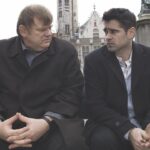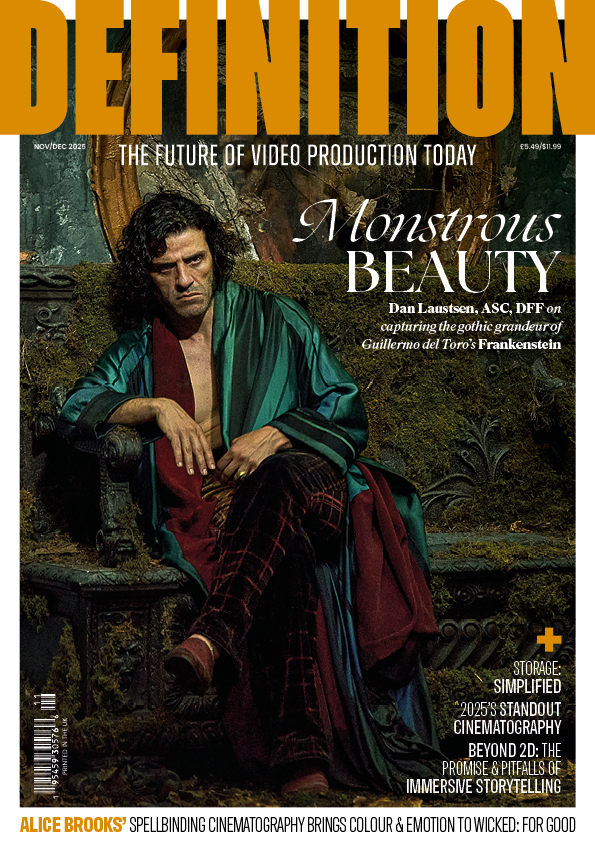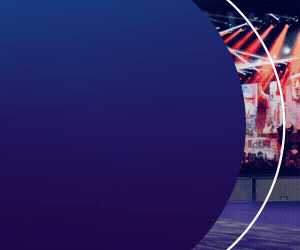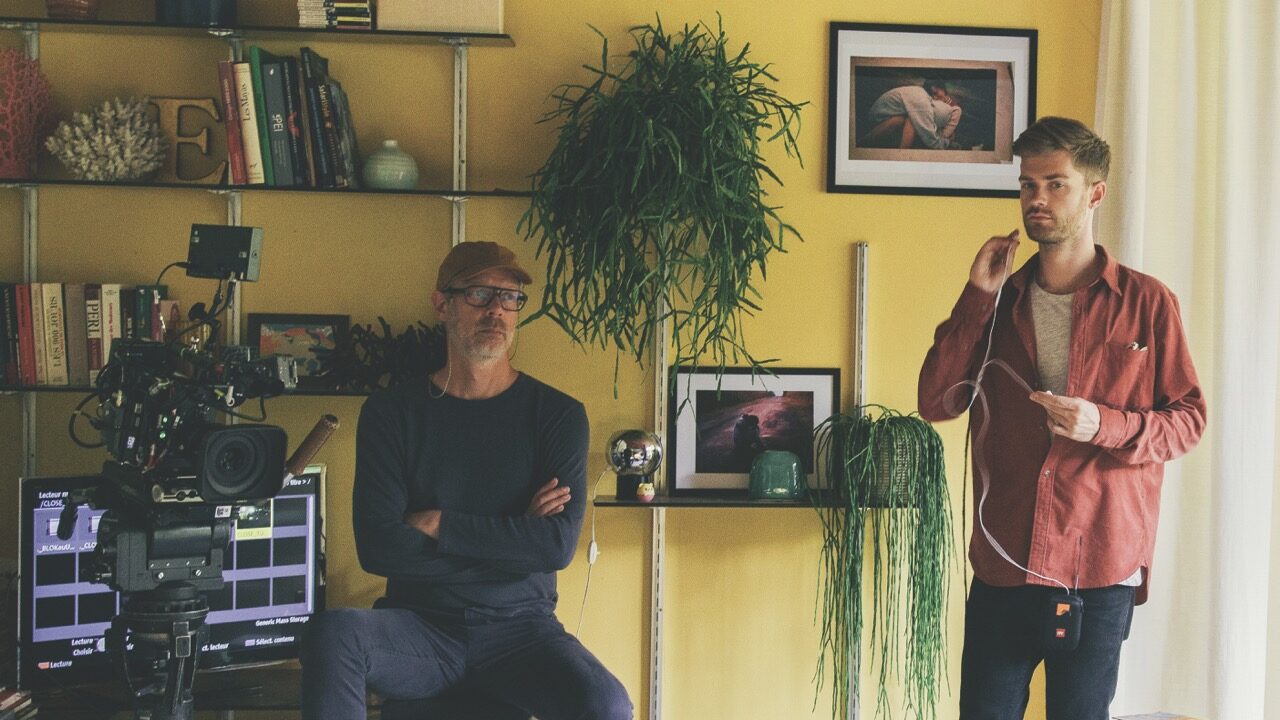
Dynamic Duos: Lukas Dhont & Frank van den Eeden
Posted on Jul 3, 2025 by Admin
We speak to the director-DOP team behind Girl and Close about authenticity, open communication and developing a shared cinematic language
Definition: Tell me about Girl, your first project together. How did you find one another, and what were your first impressions of each other?
Lukas Dhont: Before I started writing and directing myself, I worked as a costume assistant on sets. I have a memory of doing just one day on the set of Home, a film that Frank shot with Fien Troch. I remember watching the way Frank was working with Fien; I felt there was a lot of freedom on that set, which drew my attention and also my desire to work with him.
Frank is a chameleon for me; he changes from director to director. So I realised I would have the opportunity to develop, together with Frank, a cinematic language that would be just ours.
Frank van den Eeden: That’s, in a way, a goal I keep in mind pretty much all the time. I work for other people, listen to them and aim to translate their ideas to the big screen. This brings me back to what we did with Girl. Lukas had a keen idea of what this film should look like. He was very much on top of things and really well prepared.
Def: After Girl, you reunited on Close. What was it that made you want to work together again?
Lukas: While working together, I discovered that there was a lot of attention on the energy of the actors, while never losing the visual dramaturgy – the poetry, the intention.
When you make a new film, you want it to be better than the previous one. You want to push yourself. With Close, in terms of movement and technicality, we pushed some of the shots a bit further – although we wanted to keep the feeling of simplicity and authenticity. We had shots where we had to run with boys through tall flowers and muddy fields.
We arrived at the notion that we could both challenge ourselves in those ways while maintaining the authenticity of the script and the story.
Frank: What I found most striking was Lukas’ understanding of human emotions. I was happy to team up again on Close – no questions asked – which brought us new battles to be fought, such as working with even younger actors. That comes with a lot of rules, and you could say that not everyone would be up to it. It has a huge impact on how you can work as a team.
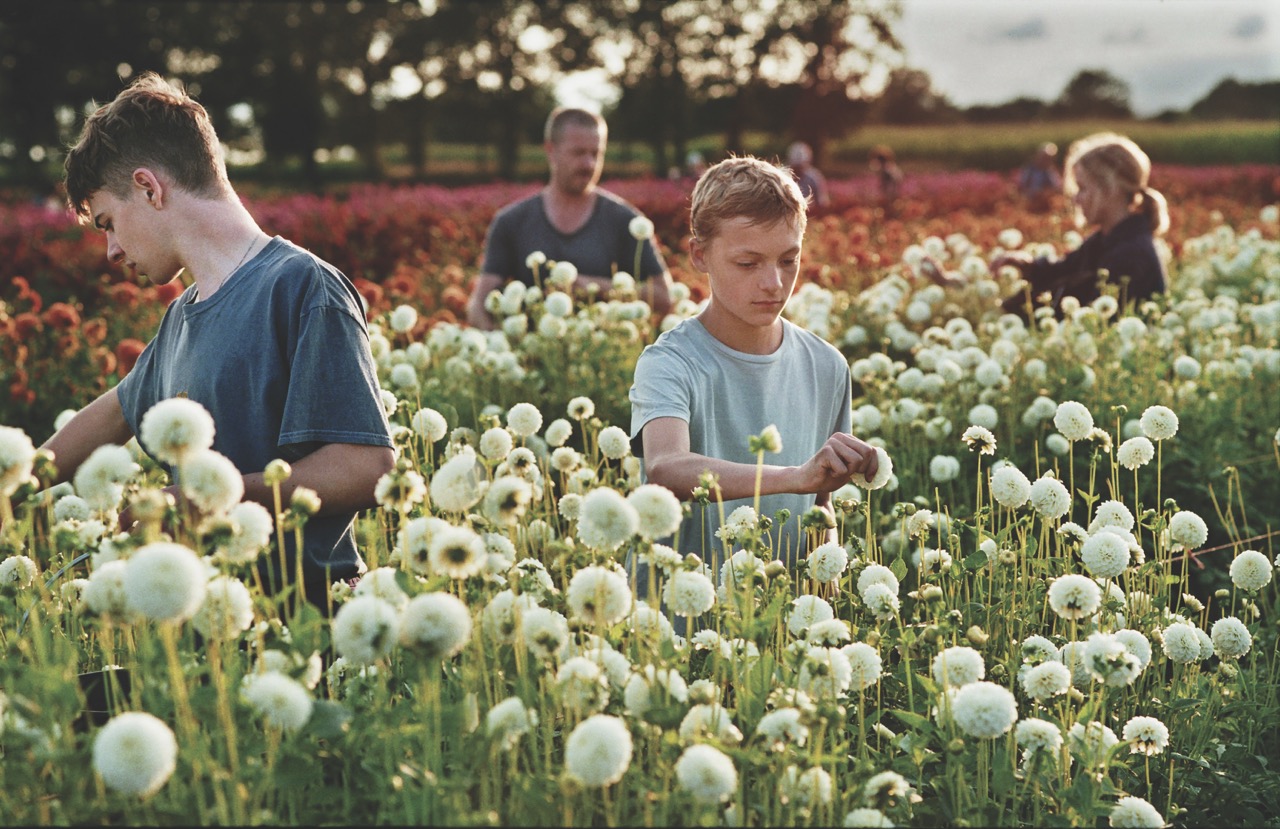
Def: Can you describe how this teamwork plays out on-set?
Lukas: On-set, I think we both feel when something is right, and that’s when it becomes easy – when we’re just following the flow, the rhythm, the tempo. When something isn’t right, we’ll directly mention it. Then we’ll try to find a way to make it all come together. This, for me, is the fun part about working with Frank. I find that the conversations always centre around: does the scene communicate the feeling or the intention that’s in the script, and, if it doesn’t, what element is missing?
Frank: We prepare a lot – day after day of talking about all the concepts – so that when we arrive on-set, all the obvious questions have been answered. This makes communication soft, easy, silent, which is nice because on-set there’s so much going on.
Def: Have you ever faced a creative difference while working on a film,
and how did you handle it?
Frank: You get to know each other well after two films, and you start feeling safe – to push things further, because mistakes are okay. It’s never about pointing fingers, it’s open; one of the fundamentals of working creatively in a team. Without respect and trust, the outcomes aren’t as interesting.
Lukas: I find one of the most thoughtful, caring things we do in the process of making a film is being constructively critical of each other – that’s how I learn. We haven’t had many disagreements; we have creative conversations through which things become clear. If we disagree, I want to have a dialogue until one of us is convinced of the other’s perspective. That’s how I’ve always worked.
Def: Do you have any upcoming projects you can discuss?
Lukas: We’re working on a film that we’re going to start shooting in August, in Belgium.
Frank: Can we hear the title?
Lukas: No! But it’s a film in which we’ll continue to talk about the themes that are dear to us, but in a very different setting. For me, in writing it, this was a bit of a genre exercise. It’s a period piece, so it comes with totally new question marks and challenges. Today was our first real meeting for that project.
Frank: Great timing.
Learn about other filmmaking dynamic duos in this interview with J Blakeson and Philipp Blaubach.
This article appears in the May/June 2025 issue of Definition



